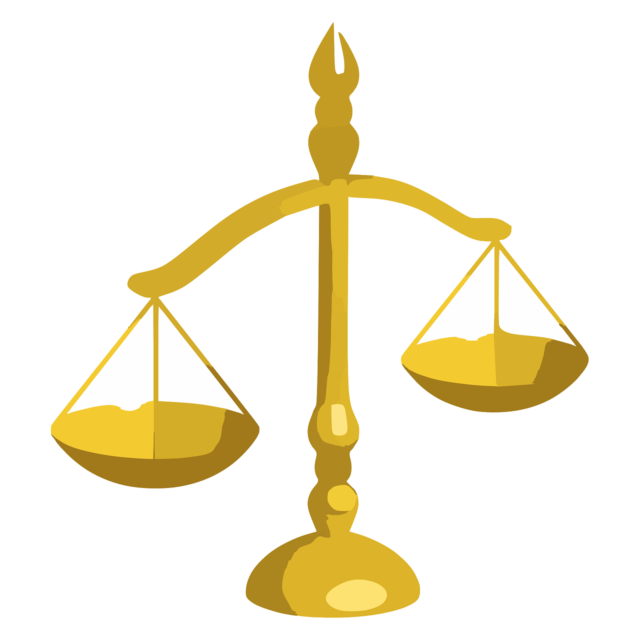–Report by Mritunjay Kumar Mishra
The Bombay High Court passed that since the prosecution had failed to establish the appellant’s fault beyond reasonable doubt therefore by giving him the benefit of doubt, he was bound to be acquitted.
Facts
Both Bharat and his brother Shrikant lived in a rented apartment which belonged to Ajay Saha. He was a part of the Bhishi Scheme, along with Kalu Modi and other locals (private collection and circulation of money scheme among members). After Bhishi ended, Kalu Modi was supposed to give Bharat a lump sum payment of Rs. 51,000. The money was given to him on July 9, 2013.
Around 10:30 p.m. on July 14, 2013, Ajay Saha saw Bharat alive for the final time before going to bed. The following morning, between 6:30 and 7:00 a.m., Bharat saw smoke rising from his chamber when Bahadur Singh arrived to deliver bread to him. Ajay Sahu was promptly alerted by Bahadur Singh. Both of them entered the room quickly and noticed that Bharat’s garments were on fire. They observed that Bharat’s throat had been cut, that blood was dripping from the wound, and that a knife was lying next to him. Ajay Saga filed a police report, and the appellant was detained. In the vicinity of his home, the appellant led the police to Sulabh Sauchalaya’s bathroom, where they found cash totalling Rs. 10,300, a receipt for Rs. 300 from a clothing store, and Rs. 35,000 in one bag. They also found a wallet containing a PAN card, an identity card, a railway pass, and a Bharat Identity Card. On July 24, 2013, at the request of the appellant and in the presence of a Pancha witness, one bag containing cash in the number of Rs. 20,000 was recovered from the home of one Smt. Gupta(friend of Appellant). It also contained a sky blue shirt and blue jeans. As a result, Rs. 65,300 in cash was the total amount collected from the appellant.
Prosecution’s Contention
The appellant entered Bharat’s chamber illegally, killed him by slicing his neck with a knife, and committed a robbery of Rs. 65,300 in cash. Since Bharat had successfully finished his term as Bhishi in June 2013 and had received the Bhishi fee of Rs. 51,500 from Kalu Modi, the appellant killed Bharat to defraud him of money. As a result, the appellant had a reason to loot Bharat and kill him.
Appellant’s Contention
It is important to note that the total amount of Bhishi that Bharat received from Kalu Modi was Rs.51,500, however, the prosecution recovered and seized an amount of Rs.61,500 in the current case, making it evident that the amount of Bhishi that was received by Bharat from Kalu Modi as significantly less. The whole amount of money Bharat received and the Appellant’s total recovery does not match, and there is a total discrepancy. Additionally, it may be evident that the prosecution has not established the fact that the seized currency notes totalling Rs. 65,300 are the identical bills that purportedly disappeared from Bharat. Furthermore, it can be demonstrated that there is no proof of any testimony to the appellant’s existence, either in the company of Bharat or having violated Bharat’s property rights room. The prosecution has not questioned any of these people or witnesses. Who was in the area to locate the hiding place of the items in the public restroom? Consequently, the recovery is speculative and cannot be welcomed. Additionally, it does not aid in forming the chain of situations as having been established without a shadow of a question.
Judgment
According to the High Court, the prosecution had completely failed to establish the circumstances to prove that the Appellant is the author of the crime. Further that the prosecution had failed to prove the charges against the Appellant beyond all reasonable doubt and thus Appellant deserved the benefit of the doubt.
Hence the following order was passed:
(i) Criminal Appeal is allowed;
(ii) Judgment passed by the lower court on 4th & 8th April 2015 is hereby quashed and set aside.
(iii) The Appellant stands acquitted of the offence punishable under Sections 302, 449, 392 r/w 397, 436 and 201 of IPC;
(iv) The Appellant be released forthwith from prison, if not required in any other case/cases. Fine if any, paid by Appellant shall be returned to Appellant.

